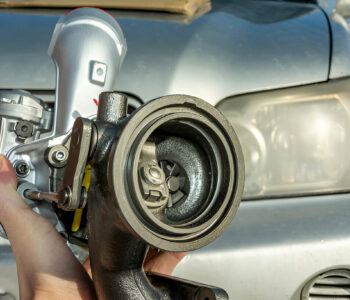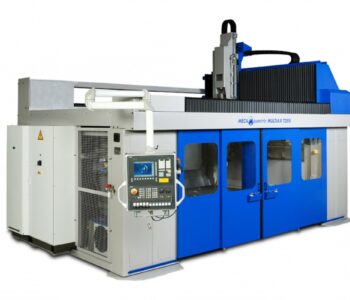 Automotive
Automotive
Hydraulic or Mechanical Motor Grader: Which One is Suitable For You?
- by Jackmark89
Motor graders serve as necessary machine tools for construction, mining, and road maintenance to achieve exact surface grading. Different motor grader designs based on hydraulic or mechanical systems determine production speed and save you money while doing work. Motor graders have separate traits so studying their differences helps you find the right equipment for your project. This blog explains the technical features and working benefits of hydraulic and mechanical motor graders along with their best use cases.
The Fundamentals of Mechanical Motor Graders
Motor graders have been working for a long time because they stay strong and run well without problems. The machines use basic mechanical connections through gears and clutches to operate the blades. The basic design of mechanical graders provides dependable results before breakdowns happen and makes them suitable for places where sensitive electronic systems could get harmed.
Mechanical graders possess great resistance to heavy weather conditions and demanding jobs. Fewer electronic components make mechanical graders more reliable and easier to fix during operation. Traditional machinery operators can use mechanical graders because these machines feel more familiar to them. A person must have strong control skills to operate these graders since the lack of hydraulic systems adds physical pressure to adjustments.
The Rise of Hydraulic Motor Graders
Graders with hydraulic motors have advanced grading technology that provides better control during operations. The equipment uses hydraulic cylinders to move its blade better than traditional mechanical linkages. Hydraulic graders lead as reliable equipment for projects that need exact work such as road construction fine grading and big site developments.
Hydraulic motor graders prove very simple to operate for users. The hydraulic system lessens operator effort and helps reach exact grading results more easily. Present-day hydraulic graders feature GPS and automation technology which lessens manual mistakes while boosting operational performance. Since hydraulic graders need more investment at first their better output and enhanced comfort reduce running expenses over time.
Performance Comparison
The quality of output stands as a key consideration when evaluating how mechanical and hydraulic motor graders work. Hydraulic graders deliver excellent precision work because their controls enable precise blade movements for projects that need perfect results. Hydraulic controls on graders allow workers to refine their work and maintain uniform results.
Mechanical graders deliver strong horsepower and basic functionality. Their mechanical linkages let operators control the blades right away when demanding off-road work. Achieving technical precision with manual grader equipment needs trained operators.
Efficiency is another differentiating factor. Hydraulic graders work faster because they can be operated at speed and adjusted quickly. The strength of mechanical graders needs more passes and operator work to produce the needed outcome. Hydraulic graders have clear benefits for fast and accurate task completion on demanding projects.
Cost Factors
Buying and running motor graders creates significant expenses for every project. People who need to save money when buying equipment find mechanical graders appealing because they cost less to buy. Because of their basic construction, these graders have lower upkeep expenses because fewer parts require maintenance.
Hydraulic graders though expensive upfront save money over time due to their operating effectiveness. These machines operate with greater energy economy making them cost effective both in human and fuel usage plus they avoid waste of materials. Hydraulic graders equipped with GPS and automation can support better performance to decrease project expenses. Your selection between the two options depends on whether you want to save money now or make your operations run more productively over time.
Maintenance and Durability
Regular maintenance decides how long a motor grader can stay in service. Due to their basic design mechanical graders last longer than other models. Their basic design helps them avoid breakdowns more often than other equipment that needs specialist service in distant areas.
The advanced hydraulic system of a hydraulic grader needs regular maintenance to stay operating at top performance levels. The continued operation of hydraulic graders requires addressing electronic problems and replacing worn-out seals because leaks increase repair costs and downtime. Hydraulic graders can serve well when their parts receive proper care and professional upkeep over extended periods. Good results rely on carrying out regular upkeep to stop breakdowns in advance.
Overview
Motor graders use hydraulic or mechanical systems depending on which project needs best they can meet. Hydraulic graders work better than any other equipment in delivering exact results at maximum speed and ease for today’s building projects. Mechanical graders stand strong as reliable equipment for tough construction work because they tolerate harsh conditions better than other graders.
First, determine your project needs and spending limits before choosing between motor graders to match project requirements. Your project success depends on choosing the motor grader with either advanced technology or the best handling of rough terrains to match your specific needs.









